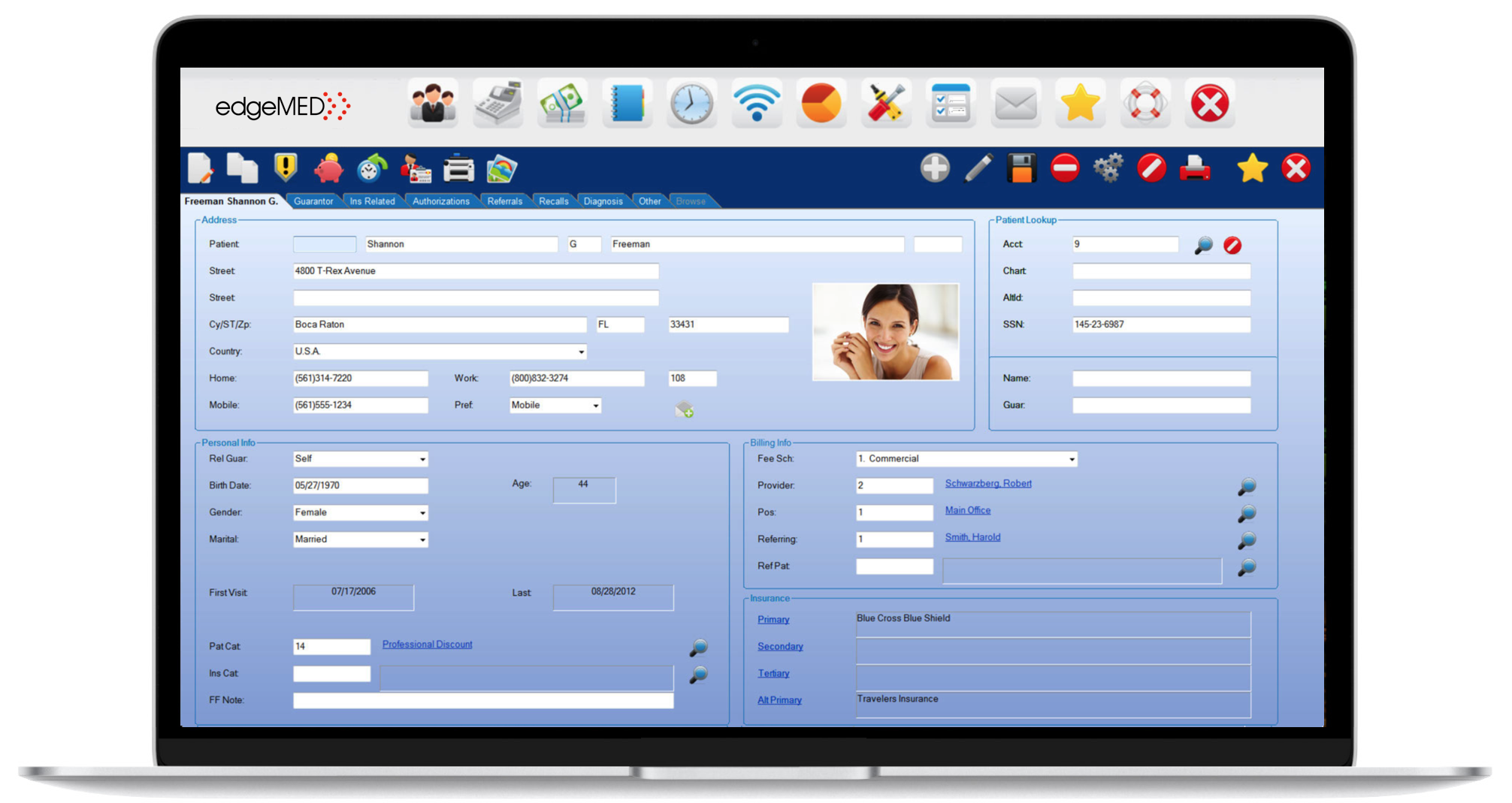In the current swiftly transforming healthcare landscape, the importance of practice management software cannot be overstated. As medical practices face growing demands from regulatory challenges, heightened patient expectations, and the need for operational efficiency, the appropriate technology has emerged as essential for sustaining success and fostering growth. Practice management software offers a holistic solution that streamlines processes, enhances communication, and improves overall patient care.
As we look to the future, the integration of cutting-edge practice management software is pivotal for any medical practice aiming to thrive in the times ahead. By automating routine tasks, facilitating better patient engagement, and providing important data insights, this software equips healthcare professionals with the tools they need to optimize their operations and focus on what truly matters: delivering outstanding patient care. As we delve deeper into the transformative potential of practice management software, it becomes clear that embracing this technology is not just a trend but a necessity for achieving success in the medical field.
Benefits of Practice Management Software
One of the advantages of practice management software is the ability to simplify operations inside a medical practice. Through automated routine tasks such as appointment scheduling, billing, and patient communication, healthcare providers can significantly reduce office burdens. This enables staff to focus more on patient care rather than getting bogged down in paperwork, ultimately improving the overall effectiveness of the practice.
Another significant benefit is the enhancement in patient experience. Using practice management software, patients can easily schedule appointments via the internet, receive reminders, and access their medical records. Such convenience not only fosters better communication between patients and providers and leads to higher patient satisfaction and retention. When patients feel appreciated and supported, they are more likely to stay loyal to their healthcare provider.

Lastly, practice management software offers powerful reporting and analytics features that enable medical practices to track performance metrics and make informed decisions. Through analyzing data related to patient demographics, appointment trends, and financial performance, practice owners can recognize areas for improvement and growth. This data-driven approach enables practices to adapt to shifting healthcare landscapes and contributes to long-term success in the industry.
Key Features to Consider
When evaluating practice management software, one of the most crucial features to consider is its scheduling capabilities. A powerful appointment management system should allow healthcare providers to organize appointments efficiently, reduce no-shows, and streamline staff allocation. Look for software that offers features such as automated reminders for patients, the ability to handle cancellations, and variability in appointment types, which can markedly enhance the day-to-day operations of a clinic.
Additionally, consider the billing and invoicing functionalities integrated into the software. Streamlined billing systems can enhance the claims submission process, monitor payments, and administer patient accounts all in one system. Features like automated billing, insurance verification, and tailored invoicing can eliminate errors and accelerate revenue cycles, enabling practices to prioritize patient care rather than administrative burdens.
Finally, evaluate the reporting and analytics capabilities of the practice management software . Access to extensive analytics can deliver valuable insights into practice performance, patient demographics, and financial health. Look for tools that can generate customizable reports to help identify trends, assess staff productivity, and enhance decision-making. These insights are crucial for practices seeking long-term growth and improved patient outcomes.
Upcoming Trends in Practice Administration
As technology continues to advance, the future of practice management applications will focus on incorporating AI and ML. These advancements will allow practices to automate routine tasks, such as booking sessions, managing billing, and processing referrals. By analyzing data patterns, AI can assist pinpoint inefficiencies and recommend solutions, giving healthcare providers extra time to concentrate on patient care rather than administrative tasks. This shift towards smart systems is expected to boost operational effectiveness and cut costs significantly.
Another crucial development is the rising emphasis on telemedicine and remote patient monitoring capabilities within practice management applications. With the rise of virtual care, practices are expected to adopt solutions that seamlessly incorporate telehealth features. This comprises virtual visits, immediate health tracking, and safe messaging systems. As more patients prefer receiving care from the comfort of their abodes, applications that facilitate these capabilities will become vital for healthcare providers aiming to fulfill evolving patient needs and regulatory standards.
Lastly, integration between systems will be a crucial concern in the future of practice management applications. As healthcare systems become more interconnected, the ability to exchange patient data securely across multiple systems will be essential. This implies software must not only be robust enough to control a practice's internal operations but also flexible in connecting with other health information systems. Facilitating smooth communication among different healthcare entities will improve collaboration of care, leading to higher patient outcomes and more efficient healthcare delivery.
